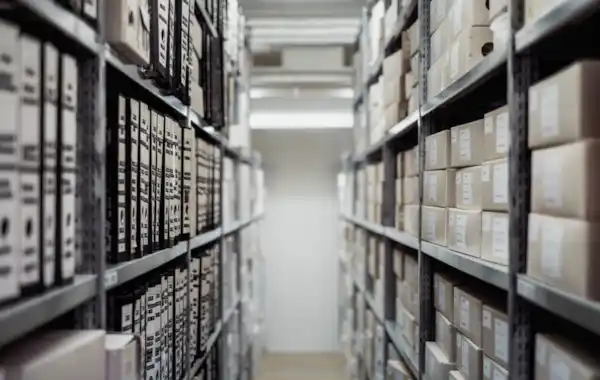27 September 2017
|
From war diaries to historical maps and directories, here are 3 of our favourite free digital archive projects that all family historians should know.
All sorts of wonderful collaborative digitisation projects are undertaken by archive and library institutions that are hugely useful for family historians to learn about the lives and times of our ancestors. Many are well worth exploring to further your genealogy research, so if you aren’t aware of them, you could be missing a trick.
Archival institutions hold the resources that family historians require for genealogical research, protecting and cataloguing documents, digitising them to provide online access, and increasingly coming up with interesting new projects to help unlock the true potential within them.
Luckily from 18-26 November 2017, the Explore Your Archive campaign, run jointly by The National Archives of the UK and the Archives and Records Association (UK and Ireland), puts archives in the spotlight and provides the chance for them to truly shine.
Join the Family Tree community
Follow us on facebook
Follow us on twitter
Sign up for our free e-newsletter
Discover Family Tree magazine
Here are just three of some of the most important online resources compiled by professional genealogist Chris Paton that have been made available in recent times, including some major innovations and others that you can get involved with yourself.
This interactive crowdsourcing project invites volunteers to help by tagging data found within the pages of the British Army’s First World War diaries, such as personal names, places, unit numbers, regimental details and more. A 10-minute tutorial introduces users to the project and shows you how to take part through an example page. Visit here for various help resources and fascinating blog.
2 National Library of Scotland
The National Library of Scotland (NLS) is committed to digitising a third of its entire holdings over a 10-year period from 2015-2025, through one of Europe’s largest digitisation efforts. Many resources are already being made available on its own website including its impressive maps platform, which not only offers Scottish maps from the 16th century onwards, but also an increasing collection of Ordnance Survey maps from England, Wales, Hong Kong, Belgium and France, and digitised Post Office directories from the 1770s to 1911.
You will also find NLS offerings hosted on the excellent Internet Archive including additional PO directories for many Scottish cities up to the 1940s and UK military lists.
Want to know more about the usefulness of historical directories, newspapers and books for family historians? We can help with that too; visit here.
The Europeana platform offers a central portal to help users search the digitised offerings of some 3,300 archives, museums and libraries from across Europe, arranged into galleries by topics directly accessible here. In addition to its online holdings, the Europeana project aims to develop common digitisation standards across the continent, hosts online exhibitions, encourages co-operation and partnerships between institutions, and runs roadshow ‘collection day’ events. For example, during its First World War roadshow in 2014 it visited Preston in Lancashire, England and Dublin in Ireland, as well as many other European cities, to catalogue and digitise rare items and treasures held by members of the general public. The results can be found here on its website and you can visit the Europeana blog here.
Now in its fourth year, Explore Your Archive week is a great chance to discover what’s happening in your local archives and in institutions across the UK and Ireland. You can also find out more and follow the team on Twitter.








